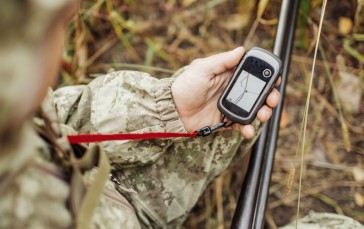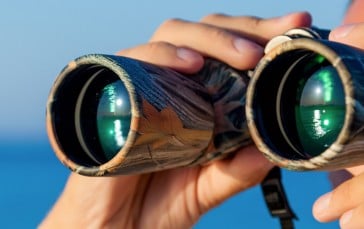Duck Hunting Tips
Duck hunting is a sport that has fascinated waterfowlers for centuries. It’s a practice that requires tons of patience and in-depth knowledge on the habits of the birds in question. Once you have mastered the technique of duck hunting, then you will experience the feeling of exhilaration that comes with a successful hunt.
Whether you are a veteran waterfowler or have just begun your scouting journey, we have gathered a list of tips that will help you make a snipe so that you never head for home empty-handed.
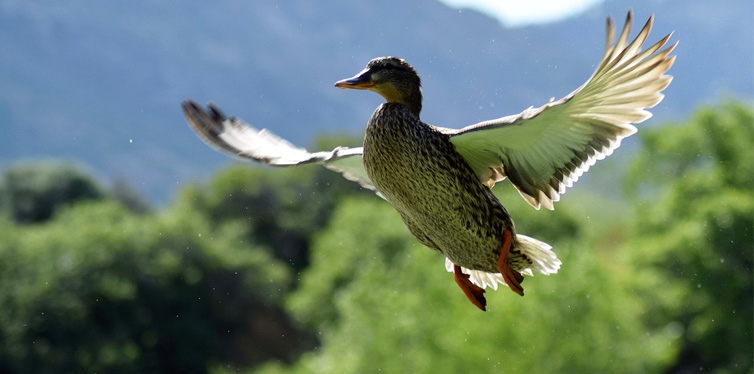
1. Plan Your Prime Spots Ahead Of Time
While there are many open hunting grounds, sometimes the best spots land on private property, such as farms, for instance. If you approach farmers months ahead of the open season, you can ask them (without pressure) if you can hunt on their private land. This way you can beat the hunting crowds and have prime spots all to yourself.
Many farmers often decline this request but there are a few who are happy to give you access in exchange for a bird or two. Alternatively, you could gift them with something to say thanks for the opportunity.
2. Follow The Birds
This might come across as obvious but following the birds as soon as they start to leave their roost, even if the season hasn’t quite begun yet, is the first step in tracking their habits. On your watch, we suggest that you let the first one or two groups fly out and then if the third group heads out in the same direction, you will have a good idea of where the favored feeding grounds are. It’s at this point that you put wheels to the ground and follow the flight.

3. Pay Attention To Tiny Details
Serious hunters are renowned for keeping journals that record even the tiniest of details. For the most part, ducks are pretty predictable but every now and then they do make a change in their pattern and if you pick up on theses changes, you’ll be more prepared for sudden changes the next time you decided to take a shot. Your research might even lead to discoveries that will help you plan ahead so that each trip is bountiful. It’s also a great way to reflect on the hunt and revel in the day’s excitement.
4. Know When To Call
Duck calls are used by hunters around the world to lure waterfowl into position. Once you have mastered the art of using this lure, the next step is knowing when to call – because timing is everything. The key is to always call to ducks when they appear to be approaching or leaving an area. Try not to over-call either, just try to get one fowl out of the flock to turn in your direction. He’ll bring the rest of his mates with him.
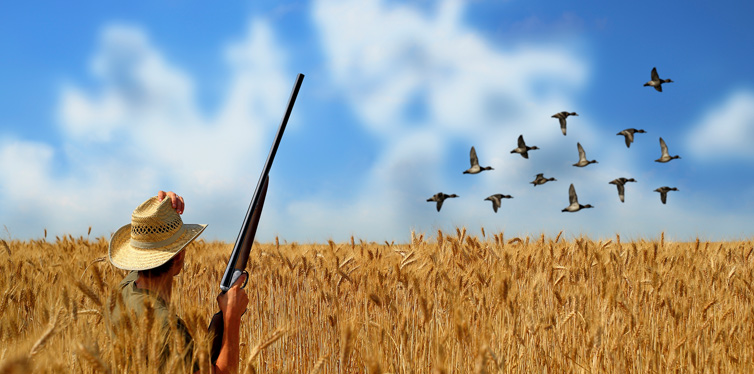
5. Watch Other Hunters
You can Google information on how to become a pro bird hunter until your heart is content but the best place to learn is out on the ground. Watching what other hunters do will give you first-hand experience on how the ducks respond to other waterfowlers. If you pay good attention, you will soon learn what they are doing right and what they are doing wrong.
6. Build A Network
Trust us, there are enough ducks to go around and there’s no need to be stingy. We encourage waterfowlers to build a network so that participants can share sightings and patterns. This way, you broaden your own hunting horizon too – ensuring that your adventures just get better and better instead of turning stale.
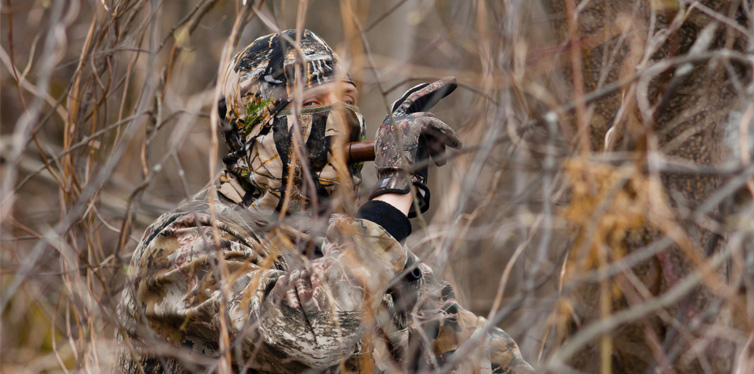
7. Keep An Eye On The Weather
Scouting the weather not only helps one to predict the movements of birds, but it also gives you a good indication of what extremes you have to take to stay concealed. Sunny days mean that there will be shadows and glare, making it harder for the birds to pick out specific details. When it’s overcast, however, then you will be easier to spot if you haven’t camouflaged yourself well enough. This gives “dressing for the weather” a whole new meaning!
8. Look For Feeding Areas
To get this right, you need to know what type of natural food ducks love to feed on. From our experience, their go-to source of sustenance is smartweed, wild celery, chufa, sago, and duck potato. Pay attention to areas that grow these plants abundantly, keeping in mind that the area also needs to be flat and accessible enough for the ducks. If you can find these prime spots, then the chances of sighting your birds have just increased!

9. Schedule In Time For Hunting
Living a life where we can be on the constant hunt is many-a-duck-hunter’s-dream. The reality, however, is that we have responsibilities to take care of and idle time is often hard to come by. Following the ducks on a whim is also not the ideal situation since this doesn’t give you enough time to prepare efficiently. By scheduling in time for hunting excursions days, if not weeks, ahead of time, you can prep accordingly and you can make sure you always have time to indulge in your favorite hobby.
10. Follow Migrations Online
OK, so many nature-lovers might disagree with this but tracking migrations and duck patterns online can be an excellent way to make sure you get a close-up view of the birds with each hunting session. You can even download apps that allow waterfowlers to receive real-time reports about the status of duck migrations, sighting update, and a seemingly endless variety of other useful information that can be used to up your chances of having a very exciting scouting session each time the ducks start to stir their feathers.
Sources:
- 10 Super Scouting Tips – Ducks Unlimited
- 10 Great Tips for Duck Hunting – Realtree




